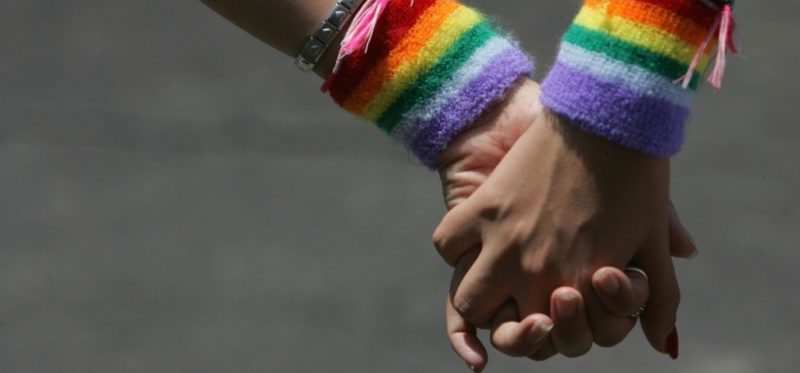Dear Carol,
My partner and I have been seeing each other for almost a year now, and I’m a little embarrassed to admit I think I may be in an abusive relationship. At the beginning, she seemed so loving, caring and kind. As time went on, there seemed to be incidents when she got angry or slightly mean and aggressive. I found that I chose to ignore it, thinking perhaps she’d had a bad day, and tomorrow would be better. She usually is a wonderful, warm and exciting woman. Is there anything I can do to stop this behavior? How do I know if it is abuse, for sure?
Sincerely,
Embarrassed
Dear Embarrassed,
Recognizing the signs of abuse in a relationship can be difficult, as people who are abusive are not always that way. You have nothing to be embarrassed about, and you’re smart enough to realize you don’t like this behavior and won’t allow yourself to be abused. To determine if it is abuse, you may want to look at your relationship and ask yourself: Are you afraid to upset her, and do you often change your behavior to avoid upsetting her? Do you feel she is constantly putting you down or humiliating you? Is her behavior aggressive and do you feel threatened by her? Do you feel she is trying to alienate you from your family and friends?
These are usually signs of abuse in a relationship. There are different kinds of abuse, and whether it is physical or mental, they both can have serious, long-term damaging effects. Abuse can often make you lose your confidence and question yourself—and even, unfortunately, make you feel you have done something to deserve this. You may feel scared and humiliated and at the same time confused, as sometimes things are great, and she is loving and kind at those times. Believe and trust in yourself and your own feelings. If you feel you have to watch your behavior in her presence so she won’t become aggressive, there’s something wrong. Tell someone you trust—and although this may be difficult, walk away. Take control of your life and end the relationship. If necessary find a safe place to go, and change your phone number and locks.
Always put your safety first, and know that there are support groups and people to talk to, and you are not alone.
Sincerely,
Carol
For more information on Bespoke Matchmaking and to learn about our matchmaking service please click to visit our website, www.bespokematchmaking.com.


What Do You Think?